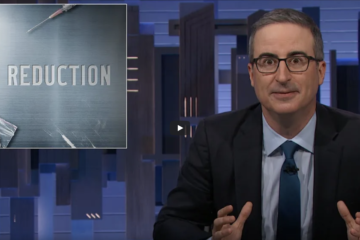Full Story by Danielle Dindak | WCHS TV
A new West Virginia law—Senate Bill 334—and a city ordinance in Charleston are sending shockwaves through the state’s harm reduction community. As the law imposes strict requirements on syringe service programs, including one-to-one exchanges, state ID checks, and multi-service offerings, public health leaders warn these measures could force lifesaving programs underground and increase the risk of HIV and hepatitis C transmission.
The law comes despite national concern. The CDC has called Kanawha County’s HIV outbreak one of the most alarming in the country.
Dr. Michael Kilkenny of the Cabell-Huntington Health Department, who’s been tracking HIV since the 1980s, cautioned:
“We went through a time where the stigma drove decisions and people died unnecessarily. That was wrong. We don’t need to do that again.”
Laura Jones of Milan Puskar Health Right echoed the science:
“Giving needles to someone that’s using drugs sounds like you’re enabling them, but in reality they will use drugs whether or not they have a clean syringe.”
She added bluntly, “It feels like to us we are moving backwards.”
One of the most concerning provisions? The requirement for a state ID, which Dr. Kilkenny says will alienate many people who need services most:
“Requiring an ID is something that a lot of people who need the services are not going to be able to provide.”
Despite concerns from public health experts, West Virginia Health Right CEO Angie Settle issued a statement vowing compliance over effectiveness:
“We know how important it is to work closely with and have the support of our state, county, and city leaders… We look forward to continuing to serve those in need… while being transparent, responsible and attentive to the voices of the community we serve.”
Yet critics point out that strict compliance may gut the very effectiveness harm reduction is based on, leaving some to question whether transparency and community appeasement are being prioritized over public health outcomes.


